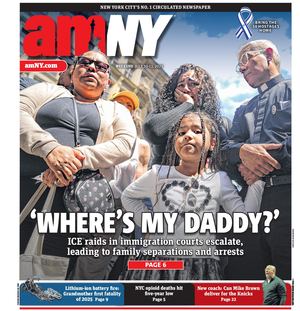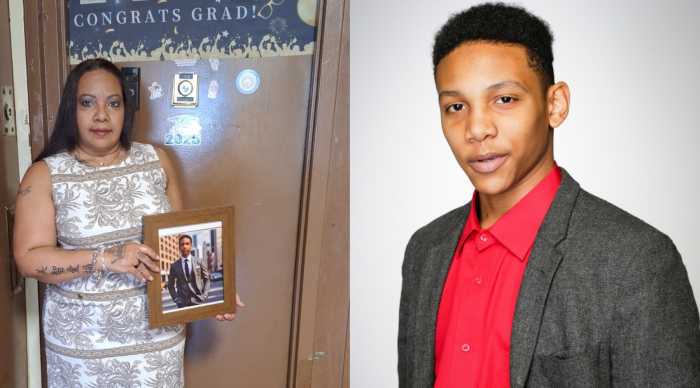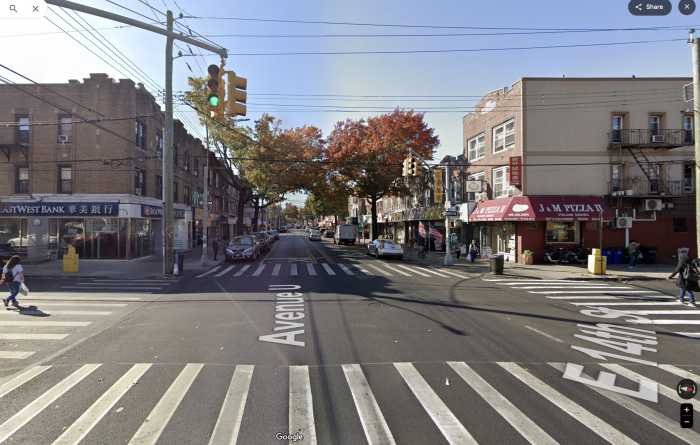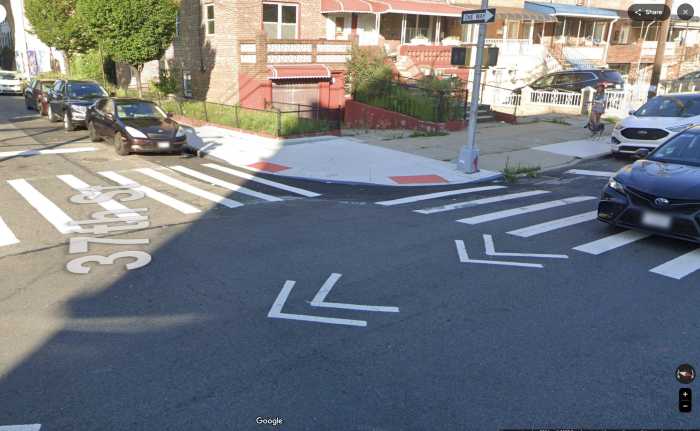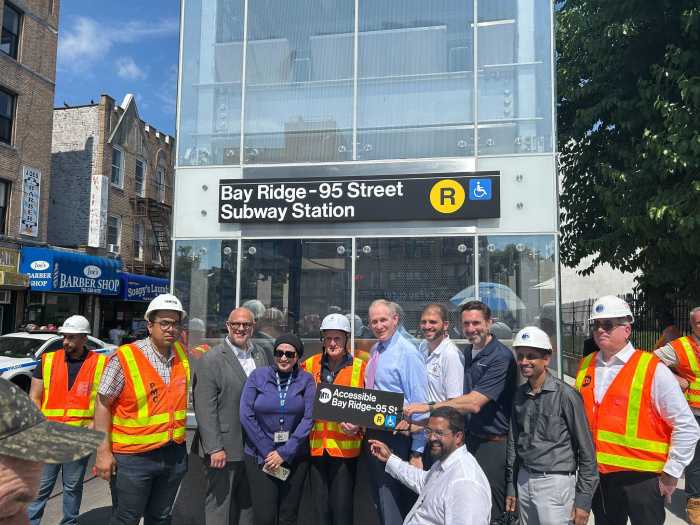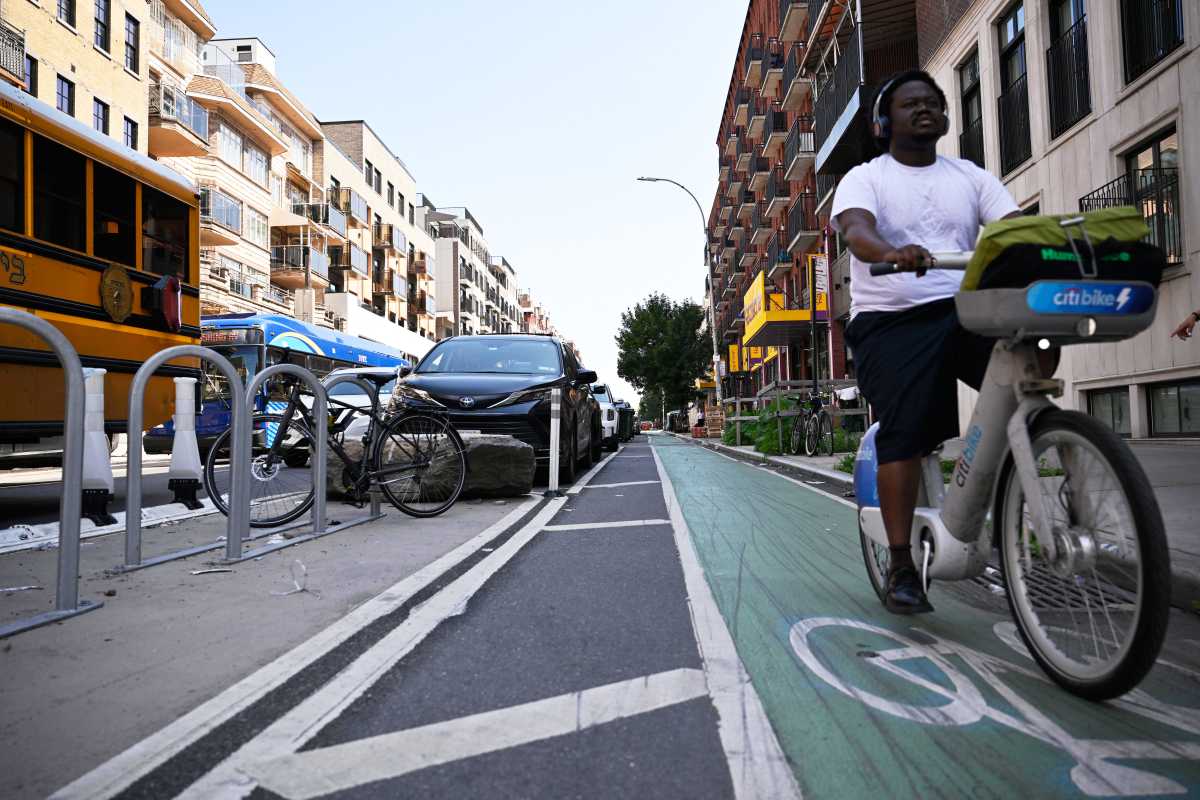
E-hail companies Lyft and Juno are suing the city to block a newly established driver minimum wage from taking effect.
The companies, which filed the suit Wednesday, argue that they’re not against establishing a base pay for drivers, but that the city Taxi & Limousine Commission’s effort to do so would bolster Uber’s dominance of the market.
“Our lawsuit does not target the law passed by City Council, but instead addresses the specific way the TLC plans to implement the rules, which would advantage Uber in New York City at the expense of drivers and smaller players such as Lyft,” said Campbell Matthews, a Lyft spokeswoman, in a statement. “It’s no secret that Uber has tried to put us out of business in the past. They’ve failed repeatedly, and the TLC should not assist them in their efforts."
The TLC voted in December to establish a minimum hourly pay for e-hail drivers, who work as independent contractors, with an effective start date of Friday, Feb 1.
The policy, a first-of-its-kind minimum earning structure, is expected to raise the wage floor by 22.5 percent — from a net pay average of $14.06 an hour to $17.22 an hour, after expenses — for a majority of the 80,000 drivers affiliated with Uber, Lyft, Juno and Via.
The wage structure relies on a formula drafted by economists James Parrott and Michael Reich that incentivizes companies to cut down on the long time drivers spend without a passenger through what are called “utilization rates.”
But Lyft believes the mechanics of the wage increase will make it harder for any smaller company with fewer resources to compete with Uber.
Uber and Via have not joined the lawsuit.
The TLC motion angered driver groups that have fought for better labor protections for professional drivers in the city.
“These titans of the gig economy have always pushed for policies that leave workers in poverty and debt,” said Bhairavi Desai, the executive director of the New York Taxi Workers Alliance, in a statement. “They misclassify drivers as independent contractors to strip workers of the most basic state and federal labor rights.”
Mayor Bill de Blasio called the lawsuit “unconscionable” in a statement posted to social media.
“The overwhelming majority of these companies’ drivers earn less than minimum wage,” the mayor said. “We won’t stand for it in New York City, and we’ll fight every step of the way to get workers the pay they deserve.”
Representatives for Uber, Lyft and Juno did not immediately respond to a request for comment.
